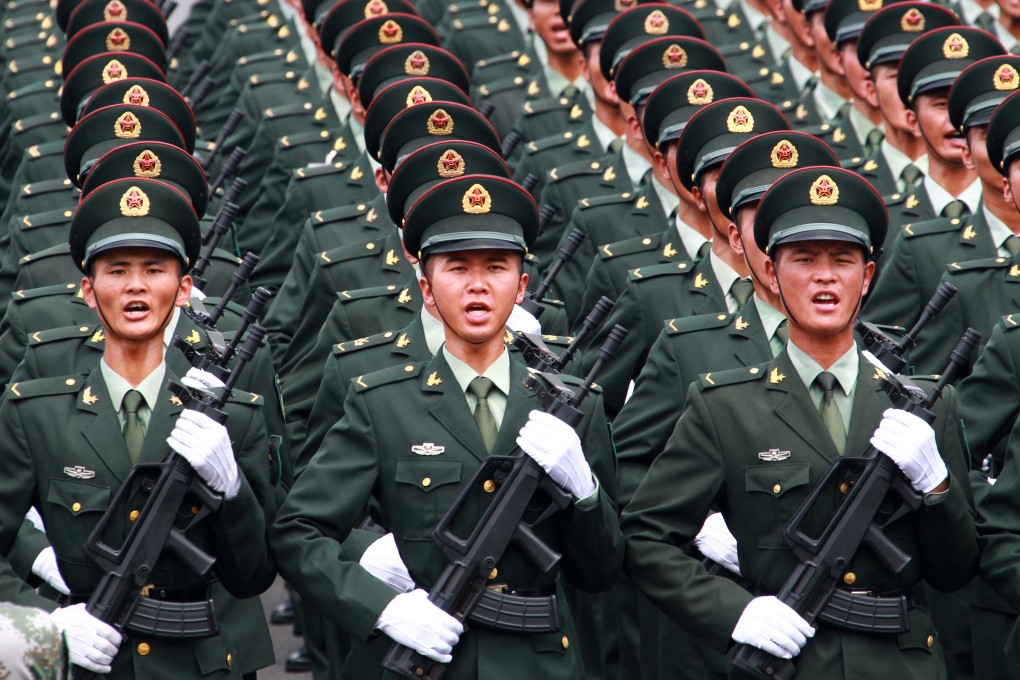Only China's 'true friends' attending 70th anniversary parade as key western leaders and Kim Jong-un won't be there

It’s one of Beijing’s most anticipated diplomatic events of the year but the heads of most major Western countries won’t be there – and neither will North Korean leader Kim Jong-un.
As Beijing on Tuesday announced a guest list of more than 40 foreign representatives who would attend a military parade to mark the 70th anniversary of the end of the second world war on September 3, observers said China’s “true friends” had made themselves known.
State leaders to attend the event include Russian President Vladimir Putin, South Korean President Park Geun-hye, South African President Jacob Zuma and Pakistan’s President Mamnoon Hussain. The only head of state or government from the EU is Czech President Milos Zeman.
Prime Minister Shinzo Abe of Japan will not be attending, though former Japanese prime minister Tomiichi Murayama will.
Pyongyang will send its Politburo member Choe Ryong-hae.
The United States, Canada and Germany will send representatives from their diplomatic missions in China, while France and Italy will send foreign ministers.